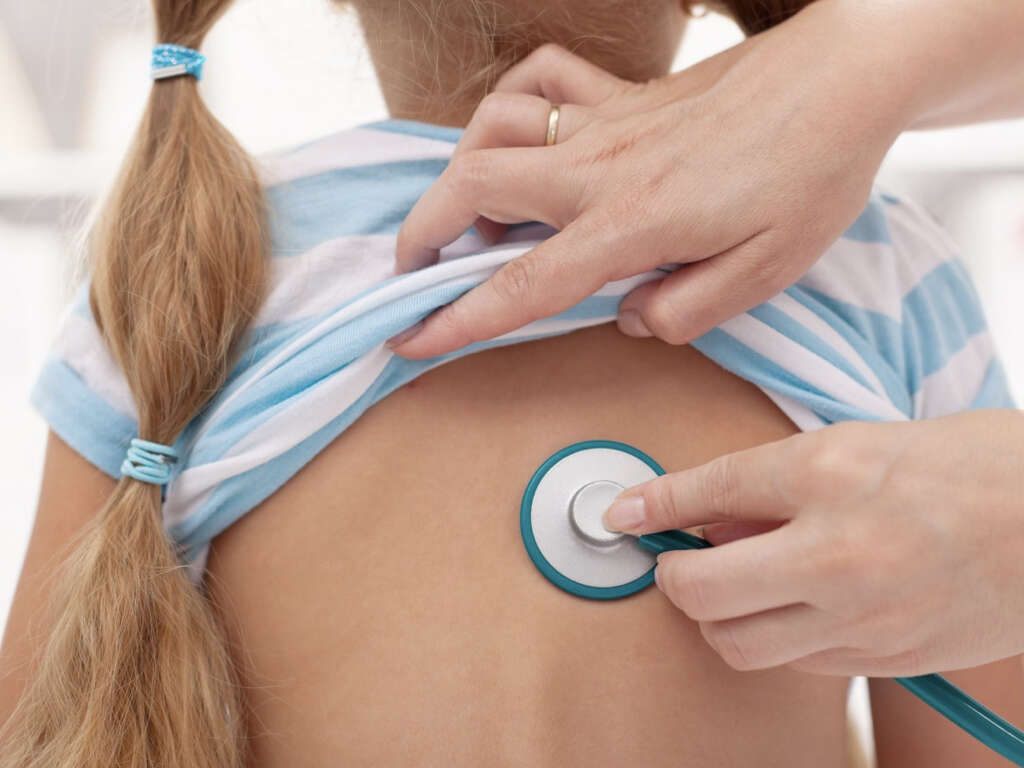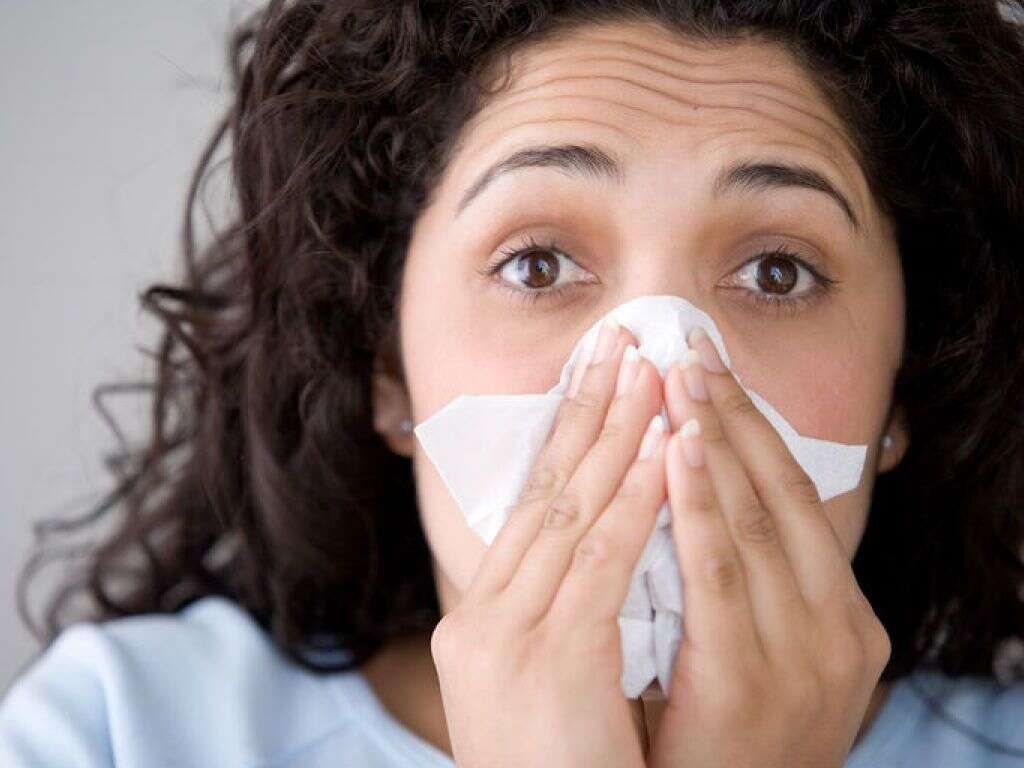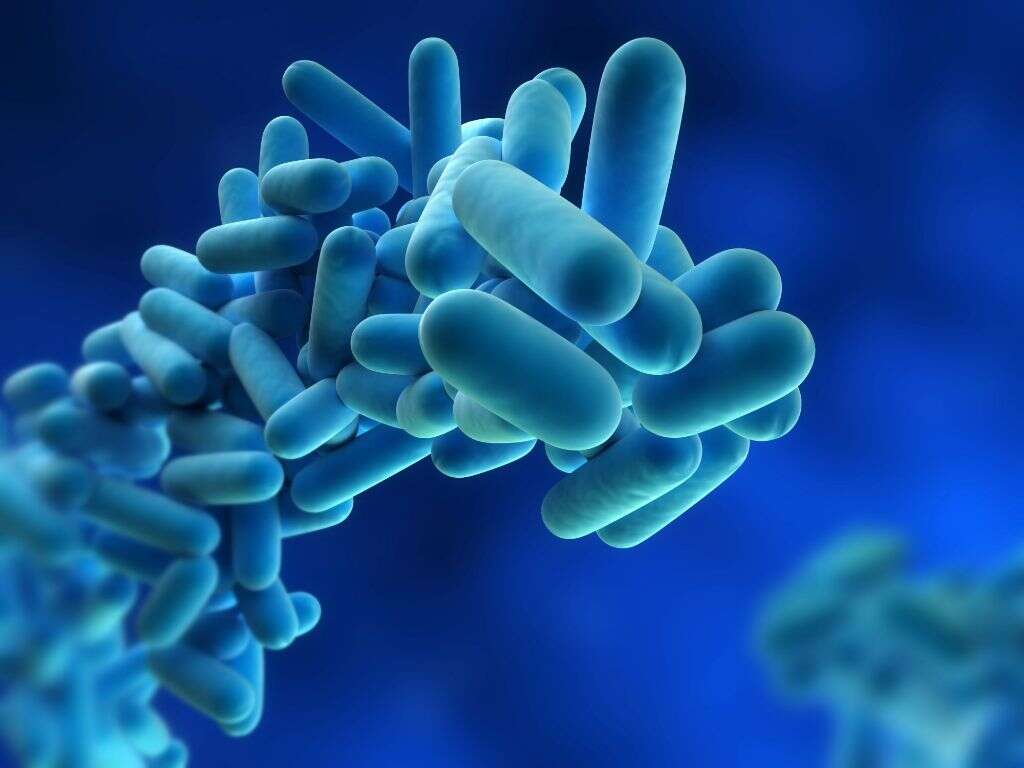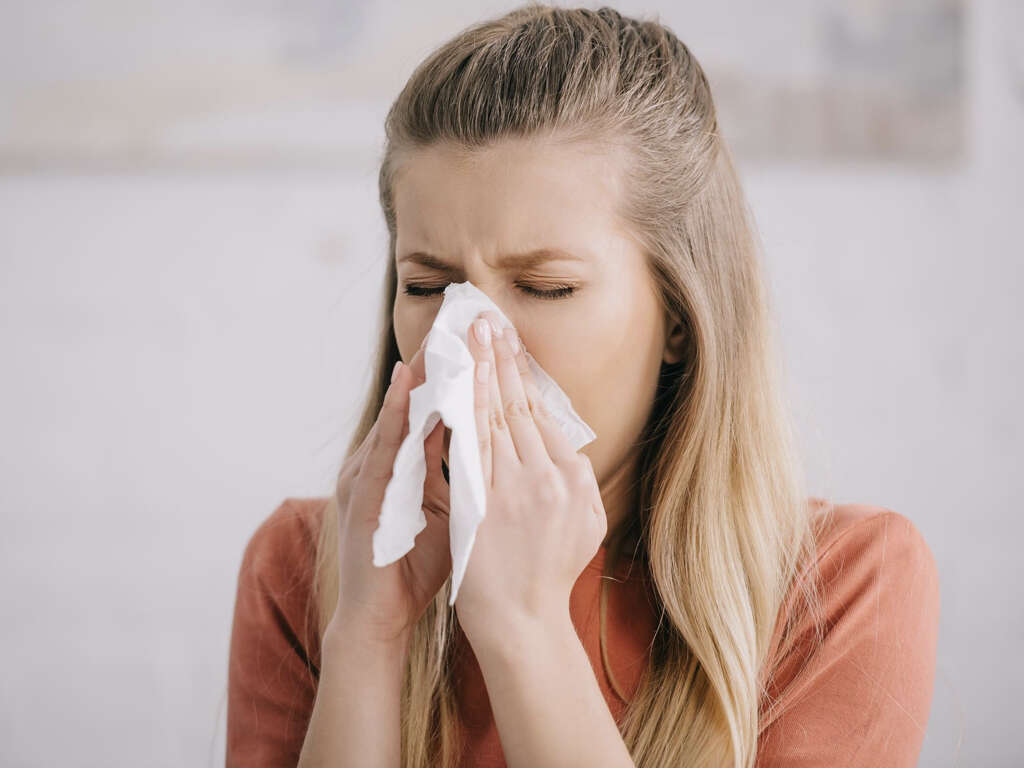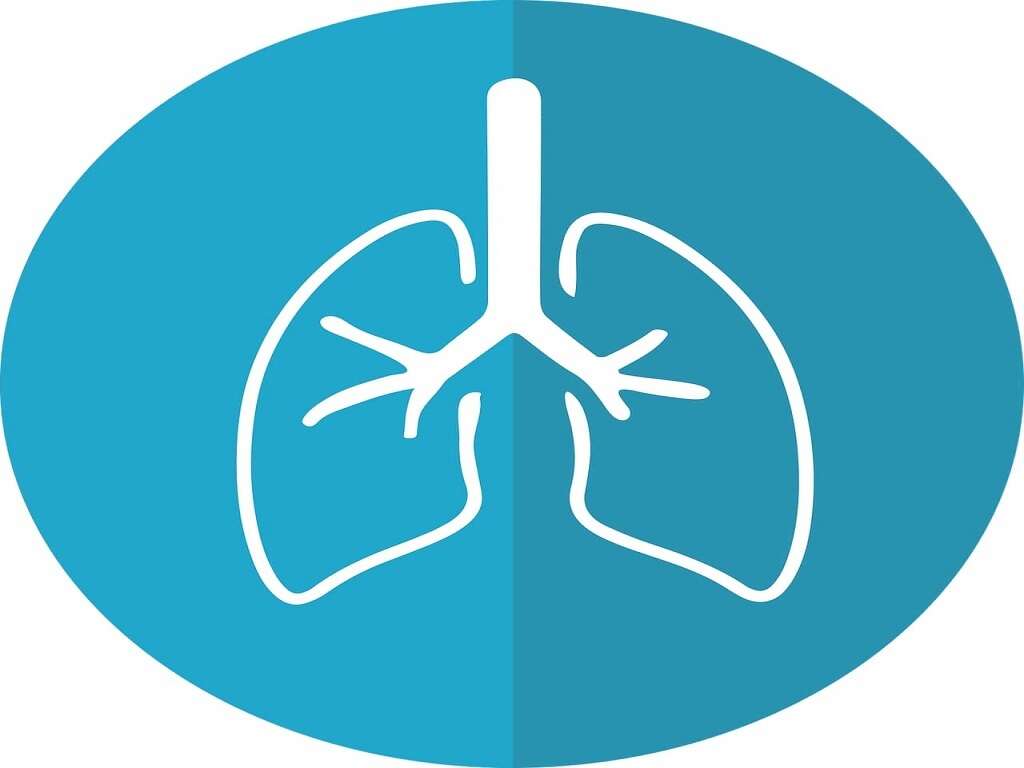10 Red Tide Symptoms
Red tide is the result of a huge wave, or tide, of microorganisms that hit the Gulf Coast of Mexico and up toward Florida’s southwest coast. The tide, caused by a certain type of algae referred to as Karenia brevis, is known to produce a number of toxins that can be dangerous to humans and cause a number of unpleasant symptoms.
The particular toxin released by these algae is easily inhaled and can cause a number of issues, many of which are related to the pulmonary (breathing) system. Unfortunately, the microbes can also lead to widespread death of sea life, birds, and turtles. After red tide hits Florida, the governor calls a state of emergency because the potential risk is too severe. Red tide is very persistent, lingers for a long time, and is relatively easy to contract. It’s an important reminder that we need to take good care of our environment and be cautious about how we treat our planet and the creatures on it.
Research has suggested that red tide can be caused by excessive toxic fertilizer used in farming practices, as well as other forms of pollution. The response has led to people calling for better agricultural rules, but that doesn’t eliminate red tide immediately. There is still a real risk of contracting red tide in the United States, and it has even spread to some countries abroad.
Symptom #1: Red Tide Tickle
If you’ve ever smoked cigarettes or had a dry cough, then you’re probably familiar with the feeling of having a tickle or an itch in your throat. This is the same as what happens to people who contract red tide, but it’s referred to as red tide tickle.
This symptom can be annoying and persistent, and there’s not much that you can do to ease the symptom aside from coughing. It’s important to remember not to cough too much though or you might hurt yourself.
Symptom #2: Wheezing
Another thing that people may experience after contracting red tide is wheezing. There are a number of respiratory symptoms that can occur and red tide is known for causing a host of asthma-like symptoms, the most prominent of which is wheezing.
It can also become difficult to take a deep breath if you have a serious bout of red tide.

Symptom #3: Rashes
Red tide is also known to affect the skin. It can result in a number of unpleasant rashes in different areas of the body. These rashes can be red and bumpy or splotchy and can be itchy and hard to deal with.
If you’re experiencing a rash caused by red tide then one of the best things that you can do is use a topical lotion while you’re waiting to get proper treatment. Many lotions, especially natural ones made with ingredients like comfrey and menthol, can help to soothe the discomfort associated with these rashes.
Symptom #4: Itchy Eyes
It’s possible that red tide causes the body to release histamine, a compound that is responsible for causing a number of symptoms related to allergies. One of the most common symptoms associated with hay fever and other forms of allergy are itchy eyes.
The worst thing that you can do in this situation is scratch your eyes excessively. If you can find eye drops, use these to help soothe the discomfort while you wait to get a treatment diagnosis from a healthcare practitioner.
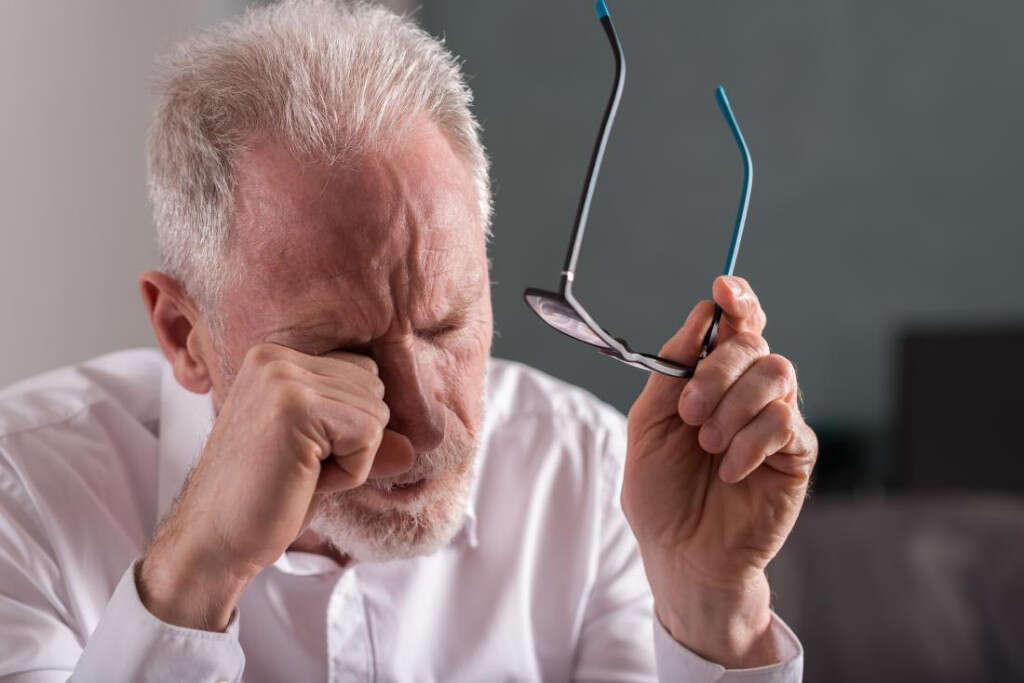
Symptom #5: Coughing
Another annoying respiratory symptom that red tide causes is coughing. Many people who contract red tide find themselves coughing. In most cases, it is a dry cough accompanied by a tickle in the throat and other respiratory problems.
If you’re hoping to treat a dry cough, make sure you use the appropriate over-the-counter medicine. Many herbal remedies like mullein can also be used to soothe respiratory problems when used properly.
Symptom #6: Brain Fog
Brain fog is a term used to describe a general feeling of fogginess or slowness in a person’s cognitive abilities. There are many symptoms generally associated with brain fog, most of which involve some degree of impairment in a person’s memory, logical thinking, or verbal fluidity. Some people just find that they have a hard time thinking or that thoughts come slower.
Brain fog can be tough to treat since there are so many causes. In this case, it should go away when red tide is treated.
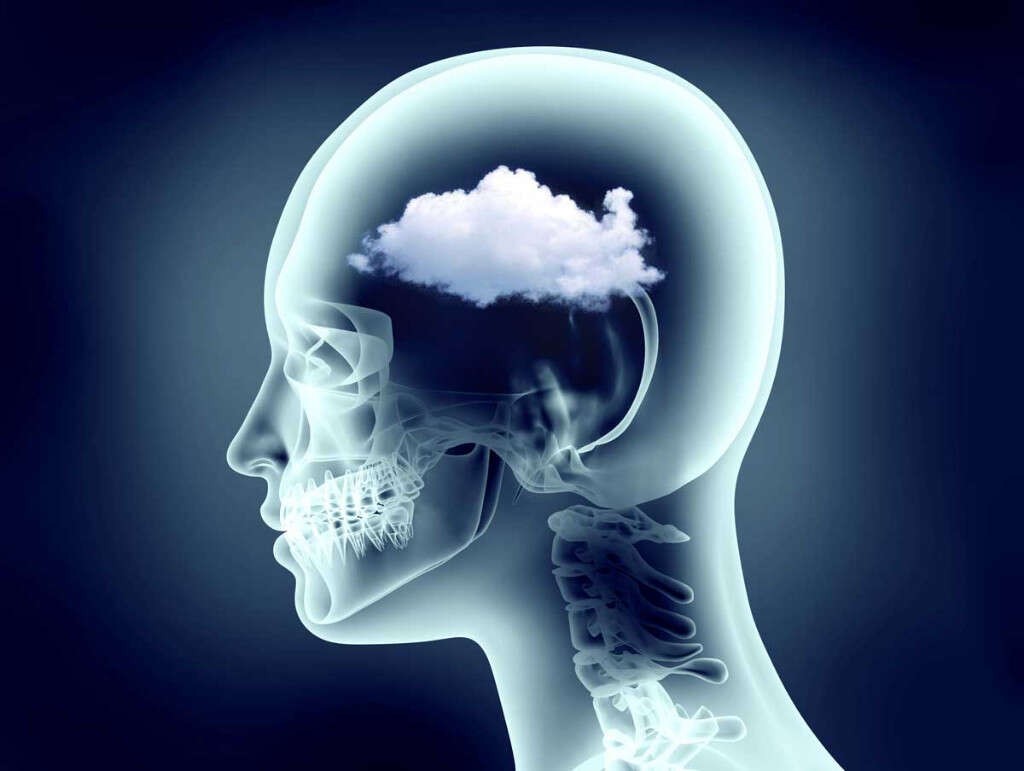
Symptom #7: Trouble Breathing
Another thing that patients with red tide might experience is difficulty breathing. This occurs because red tide causes the bronchial pathways to constrict, making it more difficult for a person to inhale oxygen.
This symptom can be frightening at first. Seek medical help and use herbs like lobelia and mullein to help loosen up the airways in the meantime.
Symptom #8: Weak Immune System
One thing that red tide can cause is a weak immune system. The immune system is the bodily system that’s responsible for helping to fight off invaders and ward off infections from bacteria and viruses.
Since the immune system will be compromised from fighting red tide, it will be less able to fight other problems.

Symptom #9: Infections
Unfortunately, since your immune system will be preoccupied fighting off red tide, it becomes more likely for you to develop other infections as a result.
When the immune system is compromised, it’s much easier for other bacteria and viruses to enter the body. It’s very important to take extra precautions to make sure that you don’t fall victim to other infections.
Symptom #10: Asthma-Like Symptoms
Red tide is known for causing a number of unpleasant asthma-like symptoms. These can include wheezing, coughing, and other respiratory problems.
Fortunately, many of these symptoms can be remedied by using typical asthma remedies and certain herbs like mullein.



